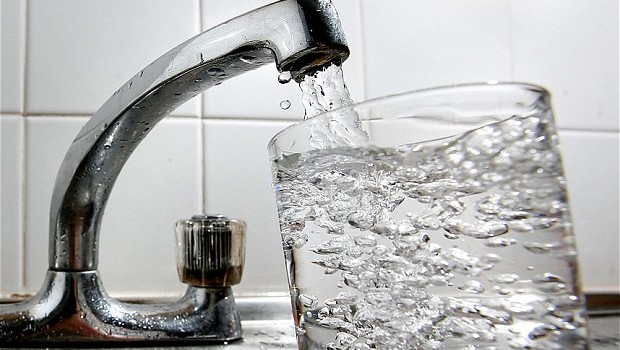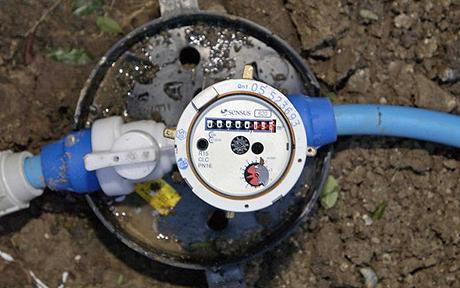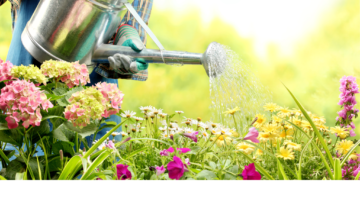
Over the past few years, the price of domestic water has been steadily increasing across the UK. While not at the same rate of gas and electricity, it has made the argument of swapping to a meter slightly more interesting. Now importantly there is no uniform answer, as the savings you will see post meter change will vary from property to property, bills may even increase in some cases.
As you can’t chop and change provider like you can with electricity and gas, it is important to work out what is best for you.
Rateable value and un-metered homes
If you are currently without a meter, then you are charged by what is called the home’s ‘rateable value’. Although there are a few criteria, it is simply the property’s size that influences the rateable value and therefore the water charges.
Since 1990, all new homes have been built with a water meter and before that the last large-scale rateable value assessment came in 1973, with new builds in-between obviously having their own evaluation. Unfortunately you cannot have your home re-valued.
Who benefits from a meter?
Around 40% of the UK’s properties have water meters, meaning that consumption is directly related to cost. So should you become one of them?
A general recommendation from us would be that if you have fewer people in the house than bedrooms, then a water meter would be the way to go. (Although if you live in Scotland, check how much it would cost to install a meter as it isn’t free for you).
Importantly, if you change to a water meter and you suddenly find that you’re being charged more than you were before then don’t worry. You can always change back to how it was – so long as you do it within the year.
We get a few people that enquire whether an installed meter would decrease the value of the property. However, although there is a chance it will put the odd potential purchaser off – because they would not be able to remove it, more often than not it does not make a difference.
Further saving with a water meter?
One further thing is that if you move to a meter, not only can you save money initially but those savings can be increased through the use of water saving products such as tap aerators, shower timers and water cistern savers.

Sewage and your water bill
Your water provider will not only charge you for the water you use, but they also assume that 100% of this will have to be treated as sewage. Now in most cases there is nothing you can do, however if you have septic tank/cesspit, large garden, swimming pool or soakaway you may be entitled to a sewage rebate.
Water meters aren’t for everyone, but they might work for you!
While more often than not meters reduce water bills by the +£100s, they aren’t for everyone. However, if you’re good with water usage and you have fewer people than bedrooms why don’t you try it out and tell us how it works for you?
Think we missed something? Do you have a different opinion?
Comment below to get your voice heard…













We have always been interested in a water meter, but now our kids have left home it’s obvious that we should get one, (now we’re living in a 5 bedroom 3 bathroom house with just the 2 of us!) Should be interesting to find out how much I will save. I will be sure to let you know.
Hi Jane,
Following our rule of thumb, people to bedrooms, a water meter should certainly save you quite a lot. Don’t forget to maximise those savings by purchasing the many water saving products that are available!